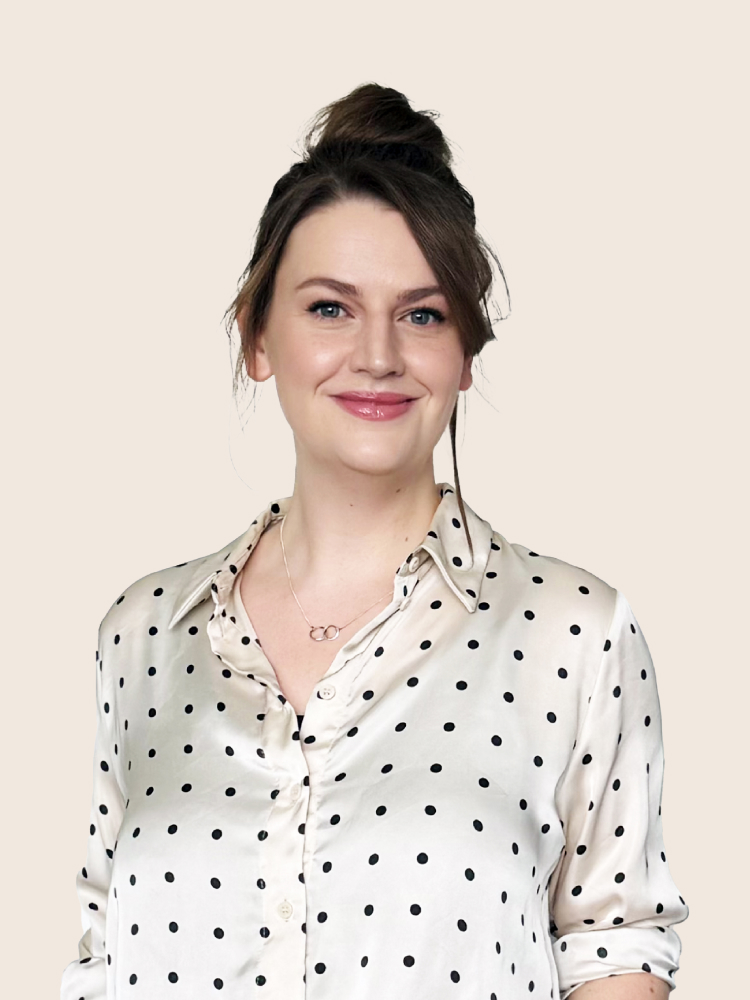Contact
Create products that make an impact on your business
Business success relies on future customer behaviour. Think about the feature Spotify offers to combine playlists between friends. They anticipate that people want to listen to music together. The solution they decided to build is the feature of a blended playlist. The result could be that people listen to music for a longer period of time. Another example is OneFit providing the option to invite friends to a workout. They anticipate that people are more likely to show up for a workout if they can go with a friend.
The solutions product teams come up with are meant to drive business goals. However, assumptions are often made about specific features to build without figuring out which user need (opportunity) they would meet. Prioritising solutions instead of opportunities is what we call a 'feature factory'. We help businesses define clear product outcomes and discover user needs. This allows them to focus less on which solutions to build, and more on which problems to solve to have the biggest impact on business results.
Continuous Discovery habits
Continuous Discovery is a dynamic and iterative approach to help organisations gain a deeper understanding of their customers, make data-informed decisions, and foster meaningful innovation. It was developed by Teresa Torres.
At Hike One we believe in balancing user needs and business goals. You need to meet user needs to run a healthy business and vice versa. This seamlessly connects to the habits of Continuous Discovery. By leveraging cross-functional collaboration, testing hypotheses, and embracing a range of research methods, Continuous Discovery empowers organisations to deliver customer-centric products, drive business growth, and stay ahead in a competitive market.
Driving business success
Continuous Discovery starts with the business goals a company has set. The next step is for the product teams, in collaboration with the business, to define product outcomes (measurable customer behaviours) that they can directly influence and that will drive the business outcomes. By regularly conducting user research, user opportunities are spotted. Product teams then think of solutions, pick the ones they assume best matches the opportunity, and set up experiments to test the related assumption. This allows them to compare and contrast solutions, and pick the best one. Everything the product team focuses on is related to business goals and thus matches the company’s strategy.


The benefits
Through Continuous Discovery, all efforts made by a product team align with business goals. This provides product teams with focus, and it allows for a company's resources to be allocated as effectively as possible. From a user perspective, the advantage of applying Continuous Discovery is that every solution a company comes up with aligns with users' needs. This prevents feature overload, and ensures that only the right things are built.
Upcoming events
We don’t have any events planned for now, check back soon!







